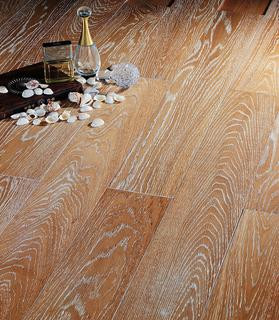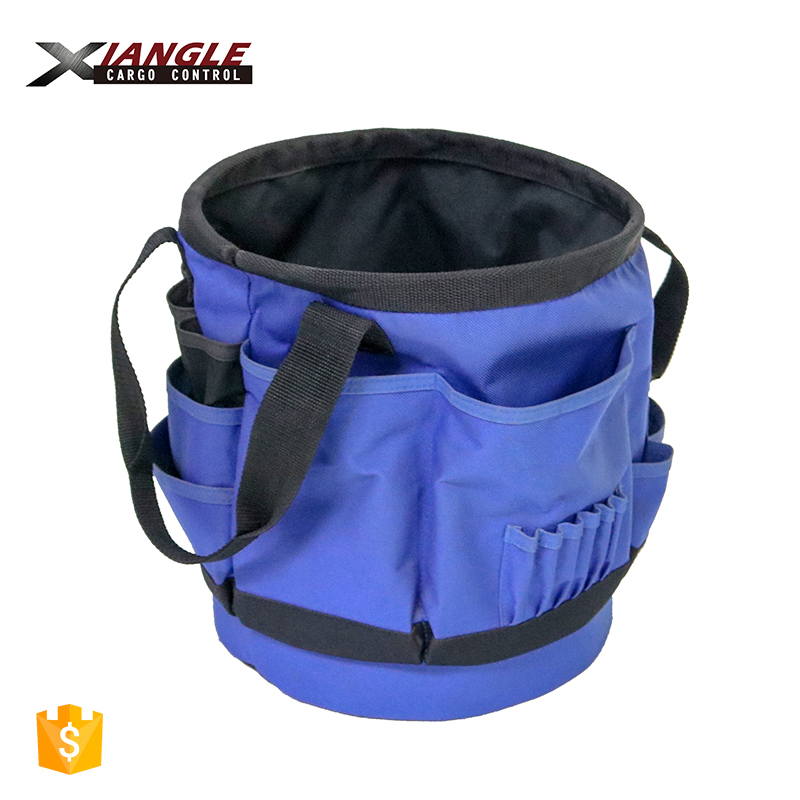
**A: Deliberate "abbreviation" to mislead
In May of this year, Mr. Wu Changchen spent over 20,000 yuan at a large flooring store, purchasing more than 100 square meters of what the merchant promised was solid wood flooring. After sending it to the National Building Materials Testing Center for inspection, it was confirmed that the product was not solid wood flooring but something else. However, the merchant insisted: “Solid wood flooring is still solid wood.†Since the contract didn’t specify the exact material, Mr. Wu had no choice but to accept it.
In August, Ms. Qin spent 50,000 yuan to customize her bedroom floor at a building materials market. The contract clearly stated that the material would be “oak.†But after the installation, she developed an allergic reaction to the floor. Upon investigation, she found out that the business used rubber wood instead. The merchant claimed, “Oak is rubber wood.†In reality, oak comes from oak trees and is considered high-quality wood, while rubber wood is derived from rubber trees and is much less durable.
**II: Verbal Promises Are Just Empty Words**
Nowadays, many flooring merchants use exaggerated promises like a 10-year warranty or replacement within five years to attract customers. However, in practice, these guarantees are rarely honored. In April of this year, Ms. Zhou discovered cracks in her newly installed floor just six months later. When she asked for a replacement, the merchant refused, citing the lack of a written clause stating “replacement within ten years.†As a result, she could only get a repair.
To avoid such situations, consumers should always make sure that all promises are clearly stated in a written contract. If possible, they can also consult professional agencies before signing any agreement. Additionally, given the unstable nature of the current market, it’s wise to avoid merchants who make unrealistic promises like “five-year replacement†or “five-year warranty,†as these are often misleading.
**Reason: No Industry Standards Exist**
According to the Consumer Association, the flooring industry is highly specialized, yet there are currently no national or industry standards in place. This lack of regulation has created opportunities for unscrupulous businesses to take advantage of consumers. The association’s representative explained that due to the uneven quality of products on the market, most consumers lack the knowledge needed to properly identify genuine materials. Without clear industry guidelines, it's easy for consumers to be misled, especially if they don't have detailed contracts specifying the type, size, price, and material of the flooring they’re purchasing. Once disputes arise, protecting their rights becomes extremely difficult.
Tool bucket bag is a type of bag or carrier designed specifically for holding and transporting tools. It usually has a bucket-shaped design, with an open top and a wide base that allows for easy access to the tools inside.
Tool bucket bags are commonly made of durable materials such as canvas, nylon, or leather, and may have reinforced bottoms or sides to provide extra protection for the tools. They typically have multiple pockets and compartments, both inside and outside, for organizing and storing different types of tools.
Tool bucket bags are popular among professionals in various fields, such as construction, woodworking, plumbing, and electrical work, as well as DIY enthusiasts who need a convenient and portable way to carry their tools to job sites or around their homes.

Tool Bucket Bag,Bucket Tool Organizer,Tool Bucket Pouch,Garden Bucket Tool Bag
ZHANGJIAGANG CITY XIANGLE TOOL CO., LTD. , https://www.xiangletoolbag.com